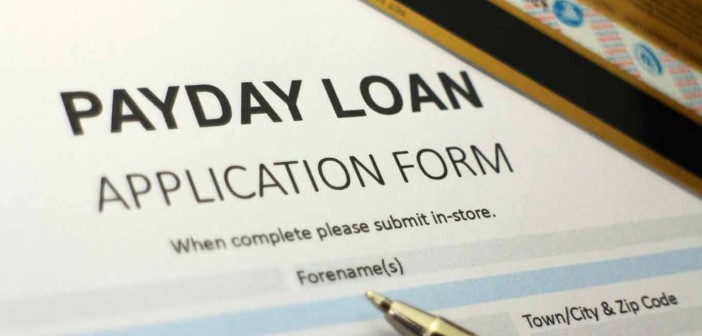With economy as it’s been the past few years, more and more consumers are having financial difficulties and are in need of additional cash from time to time. Many of these consumers choose payday loans. Here is some valuable information on payday loans and how they work.
What is a Payday Loan?
A payday loan is almost exactly what the name implies. It’s a loan that is given to a consumer with the guarantee that it will be repaid on the next payday. The consumer can generally pay the money back in a couple different ways. Some payday lenders insist that the borrower leave a postdated check while other lenders may get banking information and just take the money out electronically on the consumer’s next payday. Payday lenders may also just require the borrower come there and pay the loan on his or her next payday.
The structure of the loan or the payback process may vary from lender to lender. Some of the terms and methods may also depend on the state as well. When issuing payday loans, lenders must abide by certain statutes, depending on the state. Currently 38 of the states have statutes and regulations regarding payday loans. Potential borrowers can go to the National Council of State Legislatures website to get further information on different state regulations.
How Are Payday Loans Different Than Other Loans?
It’s a known fact that all loans are not created equal. Every loan is different and payday loans are no exception. When you apply for a conventional loan, you’re typically required to bring in tons of documentation including payroll stubs, tax forms, proof of employment, banking information and often a driver’s license and proof of identification if you’re a new customer to the lending institution. In addition, consumers often have to wait a few days before they actually get the money.
Payday loans, on the other hand, require very little in the way of documentation. Generally, all you need to provide is proof that you have a job and a banking account. There is also not the long waiting period. According to Instaloan.com, consumers usually have the money within hours. Whereas conventional loans offer loan terms up to five or six years on consumer loans, payday loans must be paid back the next payday. Lastly, the interest rates on payday loans are much higher than conventional loans.
What is The Interest Rate on Payday Loans?
If there is one thing that payday loans are known for, other than fast cash, it’s their high interest rates. Payday loans offer the consumer a convenience not found with conventional loans if they’re willing to pay for that convenience. Some payday loans have interest rates higher than thirty percent.
Although payday loans may be different than conventional loans in many ways, they are similar in one way. According to the Federal Trade Commission, they are treated in the same way as conventional loans by the Truth in Lending Act in that the lender must disclose to the borrower both the APR and the finance charge he or she will be required to pay on the loan.
Pros of Payday Loans
Despite the higher interest rates, payday loans continue to be very popular by some consumers. Here are some of the pros of payday loans.
• They’re fast. In most cases, the consumer has the money in their account within hours.
• They’re convenient.
• They do not require piles of paperwork and documentation.
• There’s no need to put up personal belongings for collateral.
• They do need require access to tax forms.
Cons of Payday Loans
As with everything else in our lives, payday loans have good and bad points. Here are some of the cons of payday loans.
• High interest rates
• High loan fees
• Can negatively affect credit scores very quickly if not paid on time
• Because of their easy availability, they may be offered to consumers who really can’t afford to pay them back.




